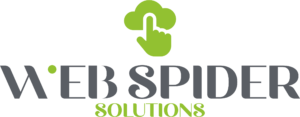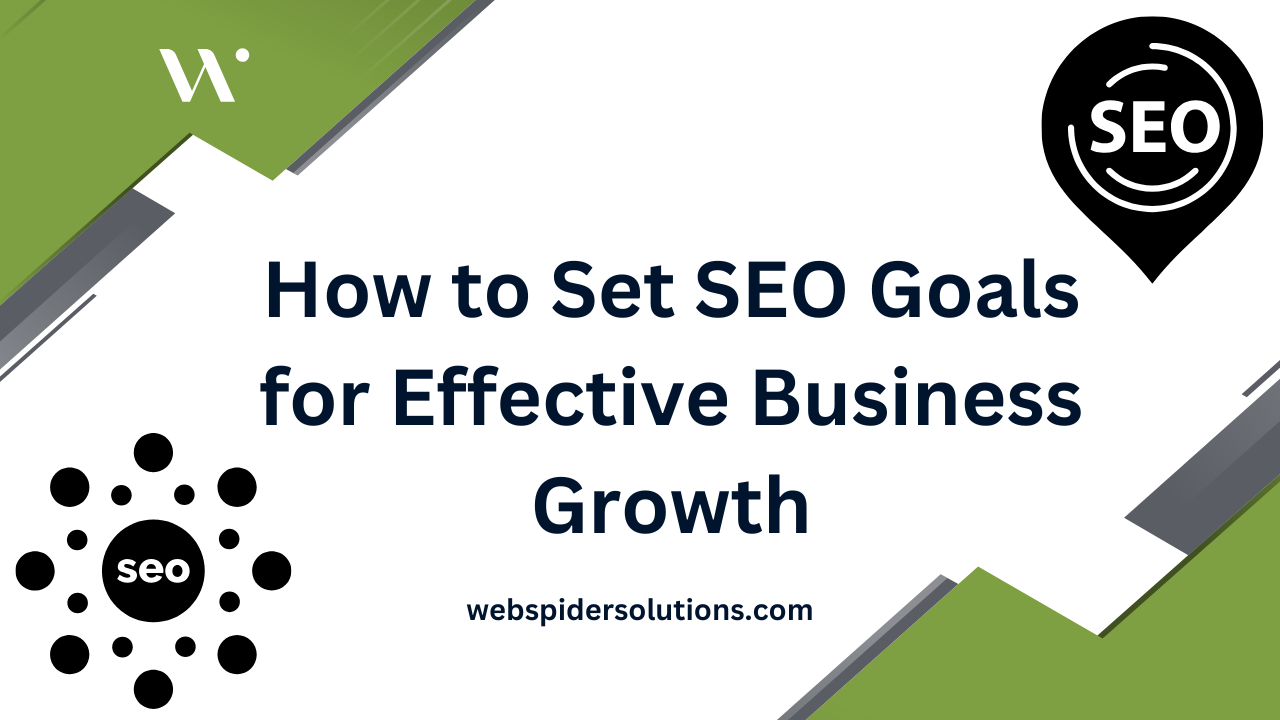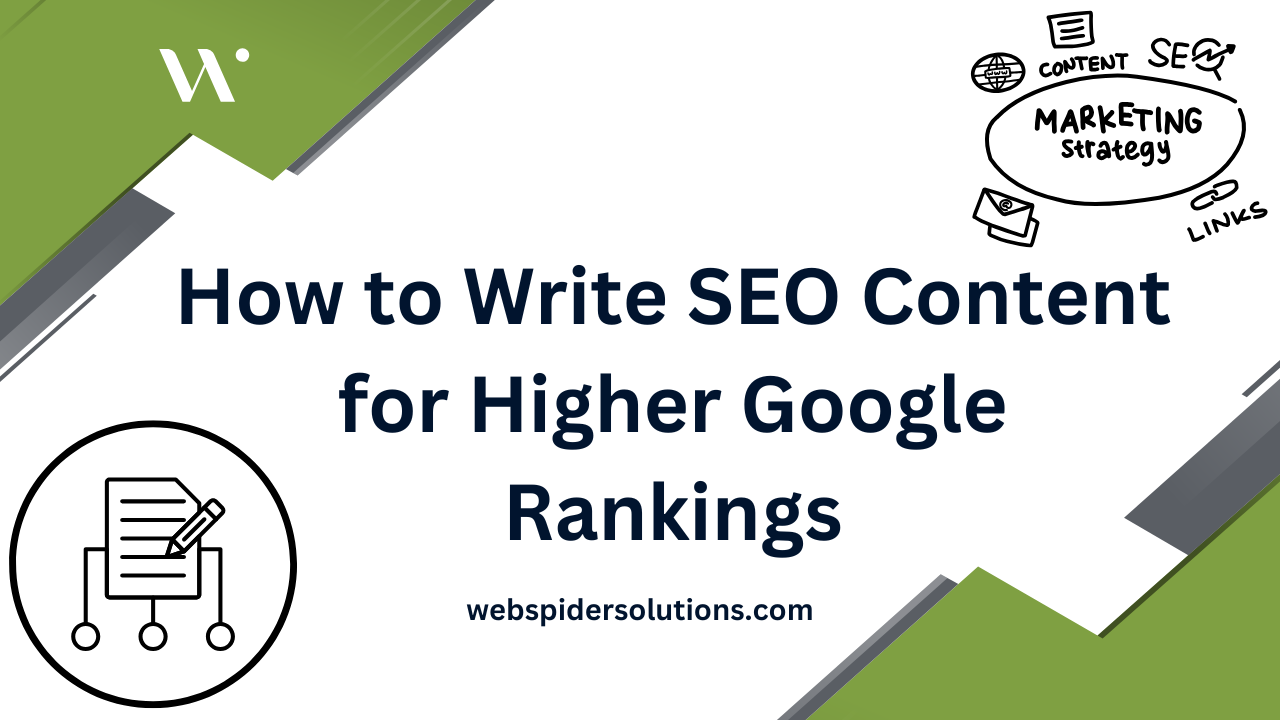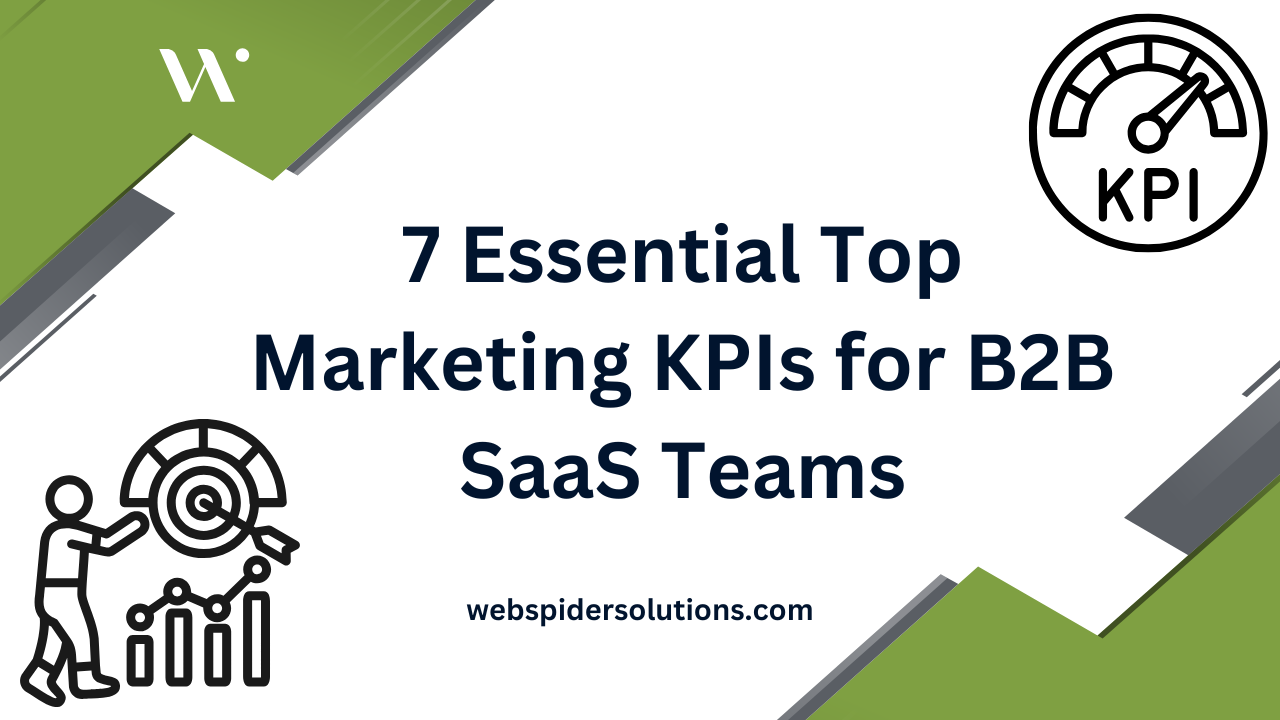Introduction
The pay-per-click business faces a common dilemma regarding their choice between search engine optimization (SEO) or pay-per-click (PPC) advertising programs. Online visibility enhancement strategies have different execution methods as well as price structures and performance metrics. Local businesses need to decide between implementing SEO strategies alone or using PPC as their main promotional strategy. The road to success potentially requires using SEO together with PPC.
The paper analyzes the fundamental features of SEO and PPC as well as explains the best times to deploy each method and various ways these methods can collaborate for enhanced effectiveness.
Understanding SEO and PPC: The Core Differences
What is SEO?
Key Elements of SEO:
- Content Marketing: High-quality text containing keywords fulfills content marketing requirements for appealing to and educating your audience base.
- Keyword Research: Search term identification plays a vital role in SEO as potential customers use particular words and phrases during their online searches. Natural integration of these search terms becomes crucial in your content development process.
- On-Page Optimization: The process of enhancing meta elements and headers and images together with descriptions leads to better positions in search rankings.
- Off-Page SEO: The establishment of quality backlinks together with sustained domain authority constitutes off-page SEO optimisation.
- Technical SEO: Ensuring fast load speeds, mobile-friendliness, and proper indexing.
- Local SEO: A business operating in a defined area should invest in Local SEO because it enables geographic target success through both “near me” search results and Google Maps appearance.
Benefits of SEO:
- Cost-Effective: SEO delivers cost-free click operations with better long-term payment returns than PPC agencies provide.
- Sustainable Growth: Sites which undergo experienced optimization maintain a sustained traffic pattern over the long run.
- Builds Credibility: Organizations with high positions enjoy enhanced credibility in the minds of users.
- Targets High-Intent Users: Individuals who perform organic searches tend to display higher purchase intention than other users.
What is PPC?
Key Elements of PPC:
- Keyword Targeting: Selecting high-intent keywords for precise targeting.
- Landing Pages: Your targeted pages known as landing pages need optimization based on the ad message to grow conversion rates.
- Bid Strategy & Budget Control: Businesses should adjust their bidding system in combination with budget control mechanisms to optimize their return on investment.
- A/B Testing: Businesses conduct A/B Testing to find the messaging within their ads which produces optimal performance through the creation of multiple ad variations.
- Performance Tracking: The analytics dashboard enables performance monitoring for conversion statistics and subsequent campaign optimization through adjustments.
Benefits of PPC:
- Immediate Traffic: PPC generated ads begin serving visitors right after starting the campaign launch.
- Highly Targeted: Reach specific demographics, locations, and user behaviors.
- Predictable and Scalable: The bid system allows complete budget control alongside waste management through allocation of funds to ads that perform at their peak.
- Quick Data Insights: The tool delivers immediate data visibility which enables users to make on-the-fly strategy updates.
SEO vs. PPC: A Comparative Analysis
Feature | SEO | PPC |
Timeframe for Results | Long-term (3-12 months) | Immediate |
Cost Structure | Investment in content & optimization | Pay-per-click (ongoing cost) |
Targeting | Organic reach based on search intent | Precise targeting by audience, device, and time |
Sustainability | Sustainable once established | Stops when budget runs out |
Flexibility | Less flexible, changes take time | Highly flexible, adjustments in real-time |
Conversion Rate | Higher for informational searches | Higher for commercial searches |
SEO vs. PPC for Local Businesses
If you’re a local business, your marketing needs may be different. Local SEO helps businesses appear in Google’s “Local Pack” (map listings), while PPC can drive immediate visibility in competitive markets.
When to Use SEO for Local Business:
- When targeting “near me” searches.
- If you have a limited budget for paid advertising.
- To build long-term brand credibility.
When to Use PPC for Local Business:
- When you need immediate leads (e.g., emergency services, seasonal promotions).
- If competitors dominate organic rankings.
- For targeting high-intent customers searching with transactional keywords.
Should You Combine SEO and PPC?
Multiple businesses achieve maximum success through the integration of these two marketing approaches. These two marketing approaches support each other in this way:
- Use PPC While SEO Gains Traction: PPC advertising provides rush traffic that fills the gaps between when your SEO strategy develops.
- Retarget Organic Visitors with PPC: When users discover your site through SEO but fail to convert you should use PPC advertising to retarget them.
- Leverage PPC Data for SEO Strategy: Users can extract profitable keyword information from PPC to optimize their SEO strategy.
- Dominate Search Results: Two kinds of search results exposure create credibility and higher click-through rates for your website.
Choosing the Right Pay-Per-Click Tool for SEO PPC Marketing
The selection of proper tools during PPC campaigns operation results in improved operational effectiveness. Customers must focus on tools with automatic bidding capabilities in combination with audience-targeting options and performance tracking features.
Popular PPC tools include:
- Google Ads: The go-to platform for search and display advertising.
- SEMRush & Ahrefs: Combine SEO keyword research with PPC insights.
- WordStream: Helps small businesses manage PPC campaigns efficiently.
- SpyFu: Analyzes competitor PPC strategies.
Final Thoughts
Any universal solution for choosing SEO or PPC marketing does not exist. The long-term and sustainable solution for traffic generation through internet search involves implementing SEO methods. To obtain instantaneous lead generation PPC serves as the most effective strategy. For businesses aiming for maximum impact, combining both strategies ensures a steady flow of traffic and conversions.
Looking for expert guidance on SEO and PPC? Contact Webspidersolutions digital marketing specialist today to develop a custom strategy for your business!











